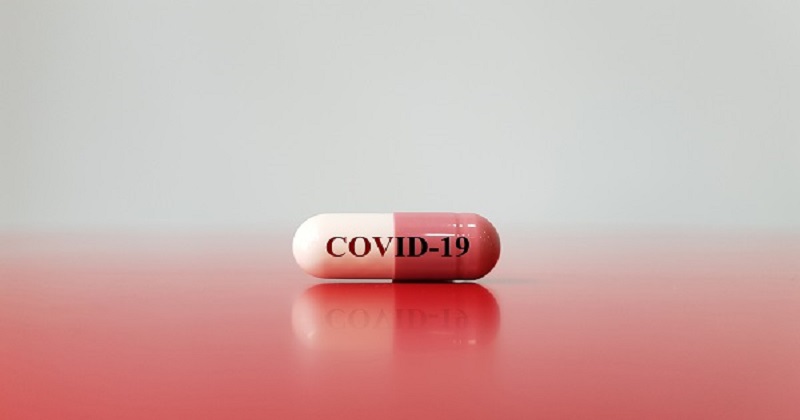
A recent study published in The Lancet Regional Health — Southeast Asia journal suggests that a higher dosage of the COVID-19 drug dexamethasone may not be as effective for patients in India compared to those in Europe. Conducted by a team that included researchers from Copenhagen University Hospital Rigshospitalet, Denmark, Apollo Hospitals in Chennai, Homi Bhabha National Institute in Mumbai, the George Institute for Global Health in New Delhi, and the University of New South Wales, Australia, the study evaluated the efficacy of a strong dose (12 mg) versus the standard dose (6 mg) of dexamethasone for COVID-19 patients, taking into account factors such as patient differences and health systems.
According to the researchers, the higher dose did not demonstrate the same level of effectiveness as the standard dose when considering survival rates and the well-being of patients after 90 and 180 days, particularly in the Indian context. The study emphasized that the evidence supporting this observation is weak and may be a chance finding. Safety evaluations indicated no major issues for Indian patients, offering reassurance about the larger dose’s impact on patient well-being.
The study underscored the influence of geographical differences on treatment outcomes, noting that unique challenges in lower-middle-income countries like India could affect treatment efficacy. Importantly, while the higher dose showed reduced effectiveness, it did not lead to increased problems for Indian patients, emphasizing the significance of safety considerations. The authors acknowledged that this is just one study, highlighting the need for additional research to validate these findings and emphasizing the potential variability of treatment outcomes across different regions globally.

Post Your Comments